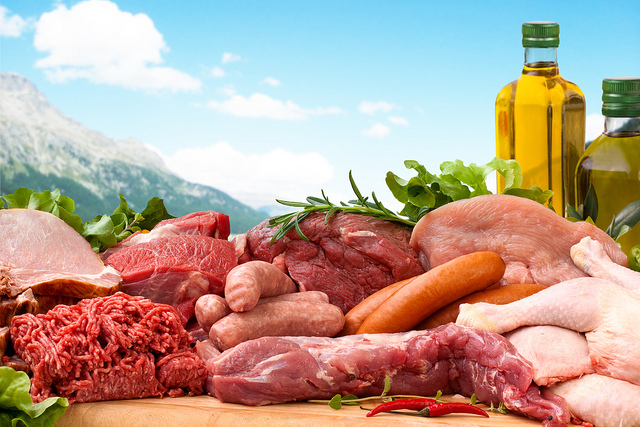



Backlogs in global meat processing expected to last into 2021
Economic uncertainty has caused great uncertainty in global protein markets

Disruptions due to Covid-19 led to sharp drops in U.S. beef production, said Stuart, pointing to a decline 200 million lbs/week from 550 million lbs/week in mid-March to 350 million lbs/week in May. What was most shocking was that cutout prices responded sharply. Stuart took this as a sign that Americans will pay far more than previously though when supply is low.
“I think that was fantastic news for the beef industry,” he said. “The hogs didn’t do this. Hogs didn’t get nearly that much pop in the cutout, especially after the U.S. government poured USD$2 trillion in stimulus out in the market.”
“People will outbid each other far higher on price than we ever dreamed possible,” he added. “So I think that’s indicative of a pretty solid underlying demand.”
But outbreaks of Covid-19 at the plant level also led to serious backlogs in terms of processing. In July, reports showed that cattle on feed over 150 days were up one million head from a year ago, meaning there’s a huge backlog of heavy cattle to get through. As a result, placements fell, Stuart said.
“What we’re doing is trying to create a hole out there in the future,” he said. “We’re trying to create a hole in the future that those overweight cattle can fall into.”
Stuart doubts the ability to time this correctly and says the repercussion is more volatility.
Looking to the future, Stuart believes meat processors will try to eliminate their dependence on human labour by investing in robotics. In the short term, though, he says immunity to Covid-19 could reduce labour issues.
“We’ve had over 18,000 meat workers in the U.S. test positive,” he said. “So that suggests that we probably shouldn’t have a second wave.”
For now, though, throughput is lower, and reduced processing capacity due to plant shutdowns will likely continue. This is a problem, said Stuart, because market leverage favours the packer when cattle supplies outnumber processing capability.
“The leverage is heavily on the side of the packer and will be for months,” he said.
Globally speaking, no one is immune to these challenges, said Stuart. In fact, workers are testing positive and plants are shutting down around the world, except in Brazil where excess labour has led to layoffs for their more vulnerable workers.
China’s decision to ban processed imported meat for fear of Covid-19 travelling across the ocean, has led to further volatility in the meat processing sector. China continues to delist and ban plants, which has backed up more product around the world.









